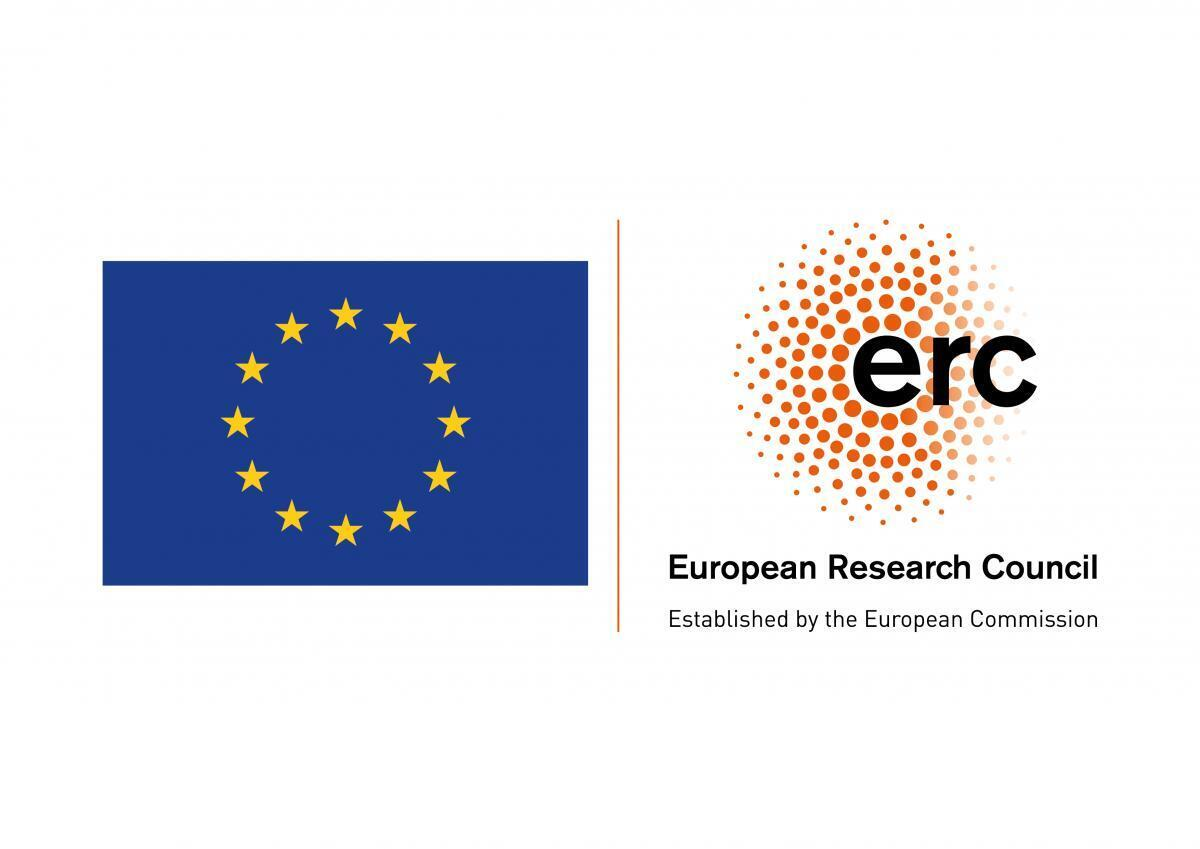Professor Bettina Husebø will investigate how technology can be used to predict death
With economic support from the European Research Council (ERC), professor Bettina Husebø at UiB will investigate how assistive technology can be used to recognize symptoms among people with dementia who are near the end of life.

Main content
Professor Bettina Husebø is head of the Centre for Elderly and Nursing Home Medicine (SEFAS) at UiB and focuses in particular on people with dementia and issues relevant for this patient group.
It has now been announced that Husebø is one of several researchers at UiB who have been awarded the prestigious Consolidator Grant from the European Research Council (ERC). Through this support, the UiB professor gets the opportunity to investigate how modern sensor technology can be used to recognize symptoms in people with dementia who are approaching the final phase of life.
Death is also important
By collecting data from nursing home patients, Husebø wants to develop methods and tools that can provide a more precise understanding of pain and symptoms at the end of life.
"At birth, everything is magically prepared over nine months. During the birth, there are at least two professionals around. But at the end of life things are not organised in the same way. How a person dies remains in the memory of those who will live on. Almost 40 per cent of people with dementia die unexpectedly", Bettina Husebø points out.
In this research project, Husebø will use so-called 5D technology to monitor the patients' pain and symptoms, behavioral changes/psychological symptoms and changes in oral patterns. The aim is to be able to better predict when the patients have reached the "point of no return", using advanced data sets.
"This could be of great importance to the patient and will contribute to better treatment of pain and symptom relief. It will give more attention to the final phase, both when communicating with relatives, for the nursing staff and for the doctor who can see people who live at home or in a nursing home.
A better understanding of how, why and when patients have reached the last phase can provide knowledge that can also be transferred to other scientific fields or other diseases".
Paving the way for others
Head of Department of Global Public Health and Primary Care at UiB, Guri Rørtveit, points out that Husebø most definately deserves the ERC grant.
"This grant is awarded to researchers who have shown high quality over a long period of time. Bettina has shown an enourmous stamina and paves the way for othes when she shows that you can achieve this grant. The project is based on a very good, innovative idea. There is a reason why she is head of innovation at our institute. We have many talented researchers with several big projects that have achieved success in tough competition with others. This will now be another great example", says Rørtveit.
Good support from UiB
Bettina Husebø emphasizes that she is very satisfied with the support she has received during the application process towards the ERC Consolidator Grant.
"You can have a "crazy" idea, but without a team surrounding you, you will not get the funding. I have received fantastic help from my colleagues at SEFAS, IGS and Division of Research and Innovation (FIA), says Husebø.
She also gives credit to SpeakLab, who played a crucial role in the preparation for the interview rounds.
"I want to encourage other researchers who have a good idea to take the step and grab the opportunity! Regardless of whether you receive support or not, the learning outcomes are huge", adds Husebø.
